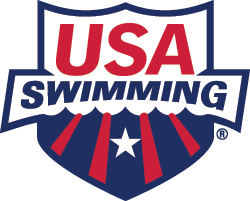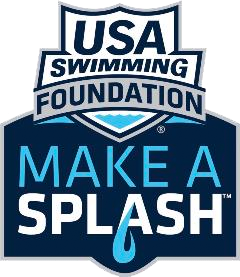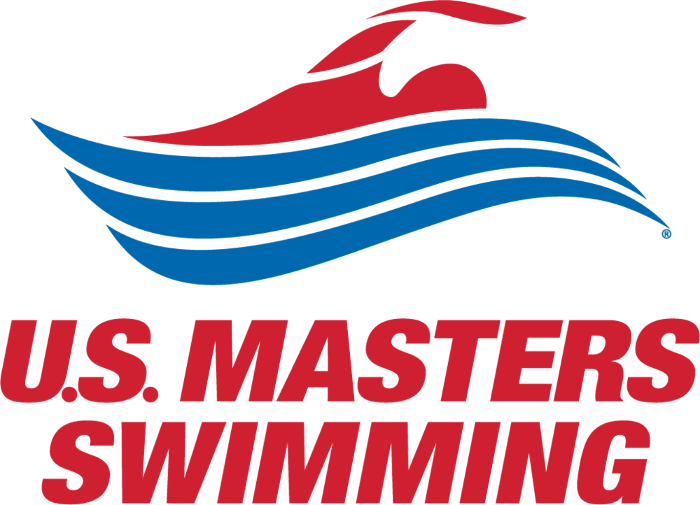| Parents Guide to Competitive Swimming |
- Please review our list of Frequently Asked Questions
- Please review the team Handbook
- Communicate with your child's coach!
- Let your child own the sport!
- What does my child need to do in order to swim in college?
- My child stopped getting faster - what's going on?
- The 10 Commandments for Swim Parents
Communicate with your child's coach!
In order for your child to get the most out of their efforts, it is critical that there remain open lines of communication between the athlete, their parents and their coaches! Coach Sari maintains an open door policy with all of our athletes and their parents to bring questions and concerns.
While it is important for the child that parents allow the staff to coach (and for parents to show support - for all our swimmers), having open lines of communication is critical for your child to achieve their potential.
Over 70% of American youth quit sports altogether before they reach high school. In an age where obesity is one of the biggest health problems in the United States, this is a problem. The Greenheads strive to reverse this trend by nurturing a love of swim that will last them beyond their competitive years.
We accomplish this by encouraging our athletes to be well rounded and - especially in their early years - pursue activities out of the pool. One of the biggest drivers behind the dropout rate is early specialization. While the athletes are in the pool, we push them and provide the training necessary for success, however, we also encourage them in other athletic, artistic and academic pursuits.
We feel that for the athlete to become successful - it needs to be their choice. Youth sports needs to remain competition between youth - not between the adults! They only get one childhood - and you only get one shot at watching them enjoy it!
Additional Reading:
What does my child need to do in order to swim in college?
Short Answer: Swim very fast (and get good grades!!!)
Check out our Swimming in College section at the bottom of this page for additional information on finding a good match and getting exposure.
My child stopped getting faster - what's going on?
The first thing to keep in mind is that progress (in any endeavor, let alone athletics) is never a straight line. There will always be periods of time when progress levels off - or even regresses - for extended periods of time. Often these phases can coincide with the athlete's physical growth, pressure to perform or make a cut, or something external to the sport altogether.
During these times, it is important to keep a couple things in mind:
- as swimmers get faster, it becomes harder and harder to drop time - and it can take tremendous work to drop a 10th of a second or so
- keep an eye on the trend in their times over the long term - the Swims Database contains all of their USA Swimming times for every event since they began their careers. Sites like Swimming Rank also track their times over the long haul (and include charts and other handy information relating to your swimmers progress
It is critical that swimmers, parents an coaches maintain an open line of communication - and most importantly, keep in mind, that this is the athlete's mountain to climb. Parents need to be supportive and remind their swimmer that hard work is its own reward - remember these 5 words: "I love to watch you swim"
Additional Reading:
10 Commandments for Swim Parents
While intended to be humorous, these "commandments" are critical to keep in mind in order for your child to have success, compete fearlessly and enjoy their sport!
- Thou shall not impose thy ambitions on thy child.
- Thou shall be supportive no matter what.
- Thou shall not coach thy child.
- Thou shall only have positive things to say at a competition.
- Thou shall acknowledge thy child’s fears.
- Thou shall not criticize the officials.
- Thou shall honor thy child’s coach.
- Thou shall be loyal and supportive of thy team.
- Thy child shall have goals besides winning.
- Thou shall not expect thy child to become an Olympian.
Swimming In College
- Ten Things You Should Know About College Swimming
- Work on your 50's & 100's. Even if you are not a sprinter, or you specialize in strokes other than freestyle, fast 50 & 100 freestyle times tell coaches that you are an asset to their relays - which are critical to team success.
- The NCAA (National Collegiate Athletic Assocation) is by far the largest college sports organization. Division I & II schools are permitted to offer athletic scholarships with DI schools able to offer the most (NOTE: Some schools - notably Ivy League schools - are NCAA DI, but do not offer athletic scholarships)
- While a much smaller organization, many NAIA (National Association of Intercollegiate Athletics) schools can and do offer athletic scholarships.
- Swimmers being recruited at NCAA Division I or II levels must register with the NCAA Eligibility Center - or the NAIA Eligibility Center for those interested in NAIA schools.
- College Swimming is an excellent site for swimmers to get noticed and see what times they need to achieve to swim for their schools of interest. Athletes registering their accounts here can share their profile with coaches at perspective schools.
- Creating profiles on sites (such as NCSA.org and BeRecruited.com) can aid athletes in getting noticed, however, swimmers who want to compete in college should be proactive in contacting the coaching staff at their schools of interest.
- Questions to ask potential college coaches
- Lastly, the *athlete* must be the one making contact - not the parents. When the parents are the ones taking the initiative, it will be perceived that college swimming is something the parent desires and not the athlete.





















